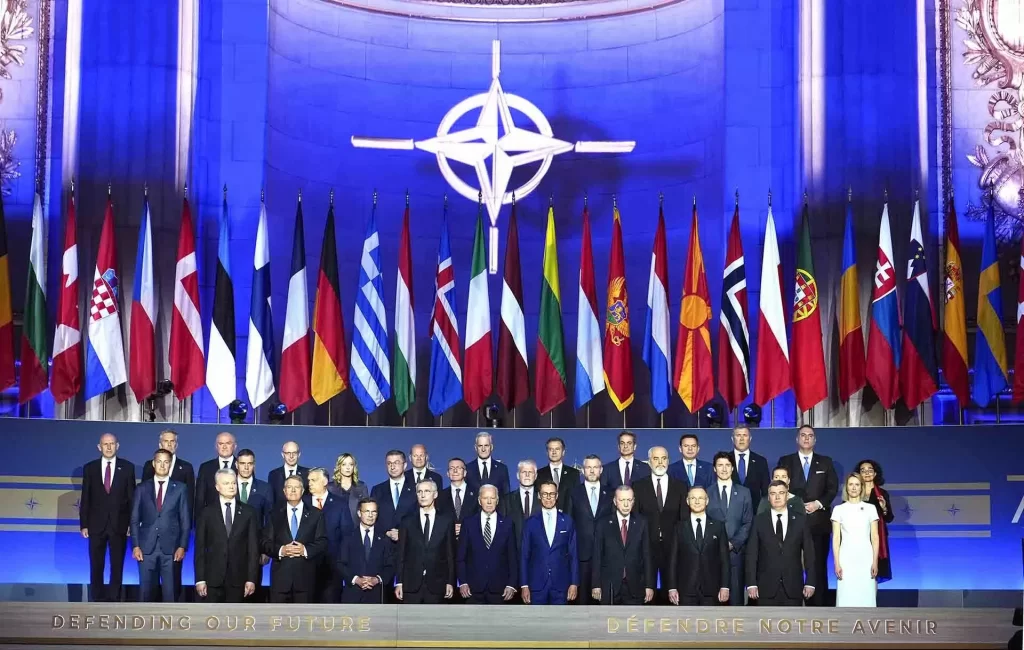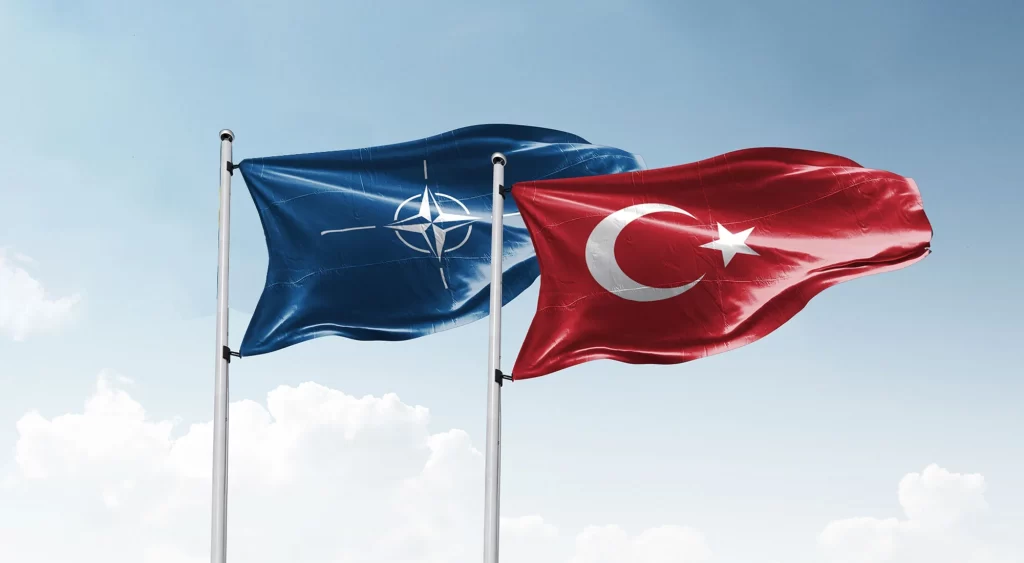Turkey’s role within NATO has become a focal point in global discussions on security and international relations. As a key player in the alliance, Turkey stands at a crossroads, balancing its own national interests with its commitments to NATO. This dynamic relationship raises the question: How does Turkey’s military and geopolitical strategy align with its position in NATO?
Turkey’s Strategic Importance to NATO
Geographic and Political Positioning
Turkey’s unique geographic location makes it a strategic bridge between Europe, Asia, and the Middle East. Situated at the nexus of many global conflicts and trade routes, Turkey provides NATO with a foothold in regions that are crucial for both security and economic interests. This location enables Turkey to act as a buffer zone, particularly in terms of European security, preventing potential threats from reaching NATO’s core members.
Military Strength and Capabilities
With one of the largest and most capable armies within NATO, Turkey contributes significantly to the alliance’s collective security framework. Turkey’s military strength is particularly important in crisis regions, where it serves both as a stabilizing force and as a partner in NATO’s quick-response capabilities. Additionally, Turkey’s investments in advanced technology and defense systems position it as a leading military power within the alliance.

The Complexity of Turkey’s NATO Membership
Balancing National Interests and NATO Obligations
Turkey has a distinct foreign policy approach, often emphasizing national sovereignty and strategic independence. This stance occasionally places Turkey at odds with NATO members, particularly regarding regional issues. For example, Turkey’s involvement in Syria and its ties with countries outside the NATO framework, like Russia, illustrate its commitment to safeguarding its own interests. Balancing this national stance with NATO’s collective goals remains one of Turkey’s main diplomatic challenges.
Turkey’s Role in Regional Stability and Conflict Resolution
Mediation in Regional Conflicts
Turkey has taken an active role in mediating conflicts in the Middle East and the Caucasus. This includes efforts to broker peace between warring parties in Libya, Azerbaijan, and Armenia. Turkey’s diplomatic involvement in these conflicts is often in line with NATO’s goals, though it sometimes operates with unique methods and perspectives. For NATO, Turkey’s role as a regional stabilizer offers strategic benefits, yet it also brings complexities when Turkey’s methods diverge from NATO’s preferred approaches.
Counter-Terrorism and Security Initiatives
Turkey is a frontline state in the fight against terrorism, particularly with its proximity to Syria and Iraq. This positions Turkey as a vital partner in NATO’s counter-terrorism initiatives, where intelligence-sharing and military cooperation are crucial. Despite this, differing views on certain regional groups have occasionally strained Turkey’s relationship with other NATO members. However, Turkey’s commitment to combating terrorism aligns with NATO’s broader security objectives, underscoring Turkey’s indispensable role in the alliance’s regional strategy.

Turkey’s Vision for the Future of NATO
Advocacy for a More Inclusive NATO
Turkey has advocated for a more inclusive NATO approach that considers the security concerns of all member states. Turkish officials have often stressed that NATO’s strategy should not solely focus on the transatlantic region but also address threats and security issues that impact countries like Turkey. This viewpoint encourages NATO to adopt a broader perspective, making the alliance more adaptable to emerging threats.
The Pursuit of Strategic Autonomy
Turkey has been vocal about its desire to achieve greater autonomy in its defense strategies, particularly through domestic military production and defense technology. This move towards self-reliance aims to reduce dependency on foreign military equipment, aligning with Turkey’s long-term vision of maintaining sovereignty within the alliance. For NATO, Turkey’s pursuit of autonomy is both an asset and a challenge, as it underscores the need for flexible alliance structures that respect each member’s strategic needs.
A Dynamic and Essential Partnership
The relationship between Turkey and NATO continues to be a balancing act between cooperation and independence. As Turkey evolves its own geopolitical and military strategy, its role within NATO reflects both the strengths and tensions inherent in a diverse alliance. Turkey’s position within NATO ultimately showcases the complex dynamics of a global military alliance in an increasingly multipolar world. While challenges will likely persist, Turkey’s contributions to NATO remain vital for the alliance’s security and stability, underscoring a mutually beneficial but occasionally complicated partnership.
Recomended Article: If Trump Becomes President: A Geopolitical Analysis













